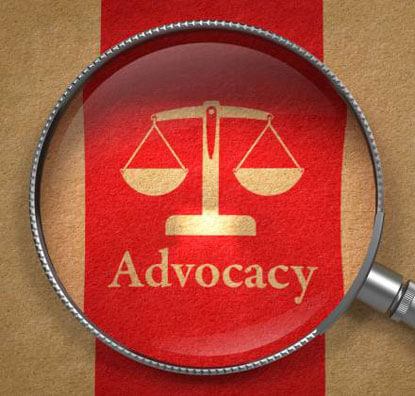Summary: The following are some of the most common ways lawyers can rip-off their deep-pocketed clients.
After aspiring attorneys pass the bar exam, they are subjected to a character and fitness assessment. This portion is supposed to weed out the bad eggs and only give licenses to those who are honest and full of integrity.
But in the real world, there are plenty of ways that attorneys can squeeze money out of their clients. Some of these ways are legal but unethical. Some are beyond question. But no matter what, it’s the clients that lose when they meet up with any of the following:
Lawyers who go crazy with client “expenses”
It’s easy for lawyers to rip-off clients when they have access to an expense account or can stick trivial expenses onto a final bill. For example, in 2008, disgraced NFL player Michael Vick looked into his legal bills and discovered he was being charged for the law firm’s air conditioning. Clients should never be the direct reason a company keeps its lights on, but that’s what happened in Vick’s case. While that scenario is rare, lawyers can rack up first class flights or luxury hotels using an expense account or they can sneak in trivial expenses to a client’s bill which can include secretarial work, research, and low-level tasks such as delivery.
Lawyers who double-bill
Double-billing refers to charging two clients for the same hour of work. For instance, an attorney may charge client A for his flight from New York to Chicago, and during that time, he could work on an oral argument for client B. If he were to charge client A and client B for that same hour, that would be double billing. The unethical practice has been condemned by the American Bar Association, but it still happens.
Lawyers who pad hours
Rounding up is a common thing for people to do, but when an attorney charges 3-4 figures an hour, those extra fifteen minutes here and there can really start to add up. Sometimes attorneys pad their hours so much that it’s even impossible for that number to exist. For instance, in the 1990s, one Cravath Swaine & Moore attorney tried claiming he worked 26 hours in one day, according to the Washington Monthly.
Lawyers who charge clients for first-year training
At BigLaw firms, first-year associates are plucked from the best law schools and then handed a $180,000 a year salary. Although these first-years have great educational credentials, they are still new to the law, and a client paying big bucks is usually upset to find out that they’re essentially paying elite dollars to fund a training program.
Lawyers who flat-out steal
Some attorneys have trust accounts that they place client money such as settlement awards into. This way, they can deduct expenses or handle their client financial affairs. However, this power of attorney over someone else’s money can often lead to misappropriation. We’ve covered numerous stories of bad lawyers who embezzled client funds, and while those bad lawyers all seem to eventually get caught, it’s still a headache and an emotional roller coaster to go through that process and recoup the money.
- Related: Jersey Lawyers Indicted for Stealing $140,000
- Related: Attorney James Grant King Pleads Not Guilty to Theft
- Related: Clearwater Attorney Facing Grand Theft Charge
- Related: Former Sidley Austin Executive Committee Member Accused of Misappropriation
- Related: Attorney Disbarred from Tennessee and Louisiana
- Related: Attorney Uses Clients Funds to Pay Personal Bills

















































